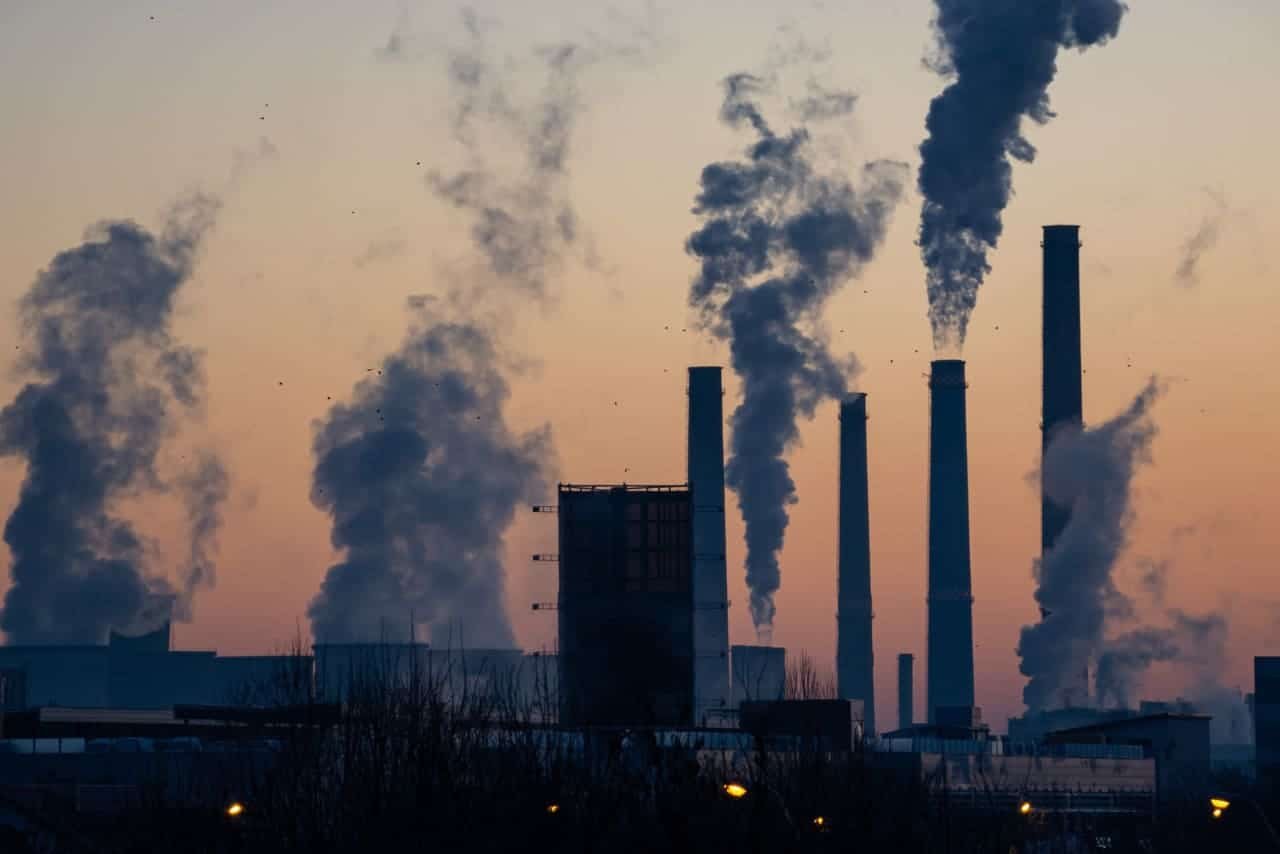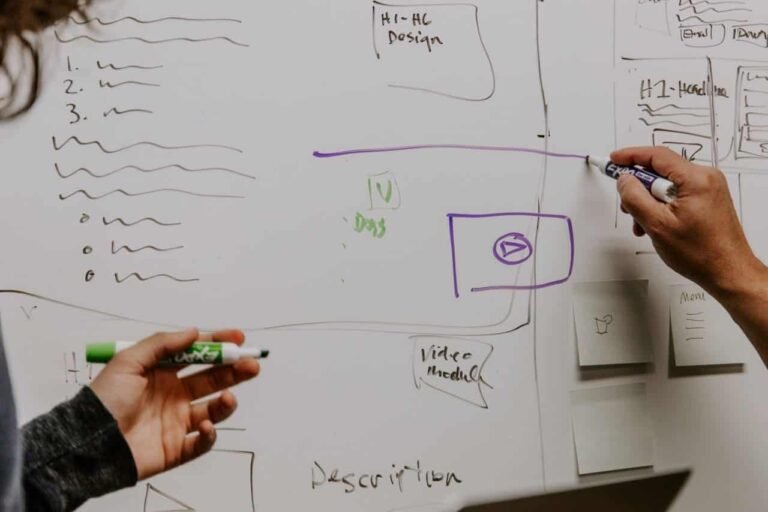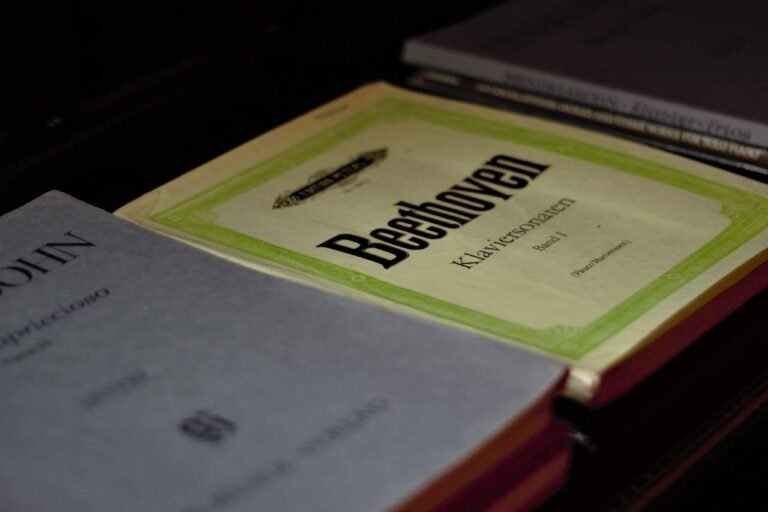The overlooked aspect of pollution that is critical to your creativity, productivity and success
Pollution of our natural environment is one of the most debated and controversial issues of recent times, with far reaching consequences for our planet. However, there’s also another type of pollution that has a huge impact on business, work and study.
In this article, we examine this often overlooked aspect of pollution and why it’s critical to your creativity, productivity and success.
The deeper reaching meaning of pollution
Pollution could be defined as adding substances into the environment more quickly than they can be dispersed, diluted, decomposed or harmlessly stored.
This may conjure up images of chimneys billowing out dirty smoke into the air, plastics floating in our oceans or radioactive leaks. However, this definition has another far deeper meaning.
What’s your daily environment?
When we hear the word ‘pollution’ mentioned in the news, we automatically think of our natural habitat (forests, rivers, oceans, etc.). But there’s another environment too, which many of us frequent much more often and which includes your immediate locality and surroundings.
In the context of business and study, your environment (let’s call this the Work Environment) will include:
- your place and tools of work; for example, your desk, your office, your computer and your other work tools/devices; and
- other people, including your customers, your suppliers and your colleagues.
We know that what society puts into its natural habitat can have consequences for the planet, but how often do you stop and think about what you and others put into your Work Environment and the real impact and effect of that?
The substances in your Work Environment
When we think about ‘substances’ in a pollution sense, we often associate that with physical substances (e.g. plastics and waste) or harmful liquids and gases.
However, the substances in our Work Environment aren’t necessarily physical in nature. They may include things like:
- emails;
- phone calls;
- conversations;
- meetings;
- the information in our phone apps;
- websites;
- news; and
- gossip.
Every time that one of these substances is introduced into the Work Environment, it (and its contents) need to be both produced and processed. That in turn amounts to a use of your and others peoples’ energy; and our productive human energy is a finite resource.
Processing substances in your Work Environment
Understanding the human impact of introducing substances (and receiving them) in the Work Environment leads to the question of whether we have the ability to effectively process them.
The earlier definition of pollution talked about ‘adding substances into the environment more quickly than they can be dispersed, diluted, decomposed or harmlessly stored.’ The same applies to your Work Environment. If there are more substances in it that you and others need to process in any given time period than can actually be processed, then the result is pollution of your Work Environment, because there is no collective physical capacity to deal with all of those substances.
Just as pollution of our natural habitat has become overwhelming, pollution of our Work Environments can have the same effect. That has obvious knock on consequences not only on productivity, learning and creativity, but also on our mental and physical health (and the health of our schools, hospitals, universities and workplaces).
What are the solutions to pollution of our Work Environment?
Computing power and artificial intelligence have undoubtedly provided some ground breaking developments in the processing of data in our lives and their development is expected to continue with pace.
However, a cohesive and functioning society will always require human learning and practice through work and study and that will always require humans to process and understand data and information.
Greater investment in clean, renewable energy will never stop the pollution caused by burning oil, coal and gas unless we stop using fossil fuels or find ways of completely eradicating their polluting effects. Similarly, an increase in computing power and artificial intelligence will never provide a solution to pollution in our Work Environment, without there being a greater collective human awareness and understanding of how our own and others’ actions and interactions produce pollution in the first place.
Less substances, more substance
There’s an old adage that less is more. So, the less substances that are introduced into our Work Environments, the more meaningful work and study can become. That’s because you can actually start to see a clearer path to meeting your goals and have more space to think and become more creative, without being inundated by needless clutter.
But pollution in a Work Environment is a two-way thing. To reduce it means potentially difficult conversations, challenging the status quo and having real vision for a better and more productive way of working. Identifying polluters and knowing when you’re being the polluter requires both individual and shared awareness and taking on a collective responsibility to eradicate unnecessary substances from your Work Environment.
Better communication and understanding is vital in that process, in which better education and taking responsibility for our own continued learning play key roles.
Closing images
If the images of an albatross trying to feed her chicks with plastic on the BBC’s programme, Blue Planet, filled you with the same heartbreak as Sir David Attenborough, you will appreciate the devastating effect of pollution.
Whilst the effect of pollution in the Work Environment may not appear as stark and hard-hitting as the images that we sometimes see on television, ultimately it affects the health and prosperity of all of us and it’s in all of our interests to strive for more sustainable and less polluted Work Environments.
As with the use of controversial energy forms like nuclear power, how we pollute poses difficult questions and sometimes highly emotive issues. But ultimately, only by stopping and preventing the effects of our own harmful radiation can we start to work towards greater prosperity; and radiate more naturally as productive, creative and truly collaborative human beings.








